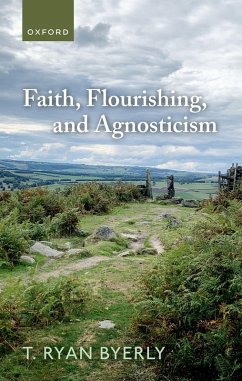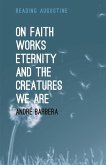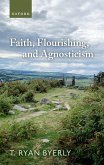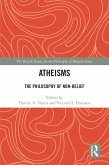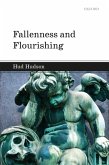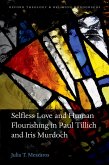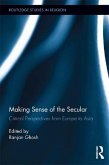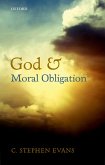Faith, Flourishing, and Agnosticism uses conceptual and empirical methods to argue that the many individuals who have ambiguous evidence for God can grow in virtue and attain greater flourishing by engaging in practices of faith toward God. The book develops a way of thinking about God, called minimal theism. It argues that a sizeable number of people have ambiguous evidence for God, and it provides support for arguments for agnosticism through an evaluation of theistic and atheistic arguments and higher-order evidence about God. It discusses what kind of cognitive commitments toward God are required to engage in faith practices such as thanking or praising God, and develops unique arguments that these can be supplied by beliefs or non-doxastic assumptions but not other states. Four pathways whereby individuals with ambiguous evidence for God can grow in virtue through such faith practices are identified. First, they can grow in general virtuous tendencies to give other people the benefit of the doubt by giving God the benefit of the doubt. Second, they can indirectly grow in a broad range of virtues by experiencing better mental health as a consequence of accepting God's love. Third, they can make skilled use of the worldview of minimal theism to cultivate transformative experiences of awe and connectedness, thereby supporting the specific virtue of spiritual excellence. Finally, by this same process, they can reap further downstream benefits in character growth, independently of whether spiritual excellence is virtuous.
Dieser Download kann aus rechtlichen Gründen nur mit Rechnungsadresse in A, B, BG, CY, CZ, D, DK, EW, E, FIN, F, GR, HR, H, IRL, I, LT, L, LR, M, NL, PL, P, R, S, SLO, SK ausgeliefert werden.

